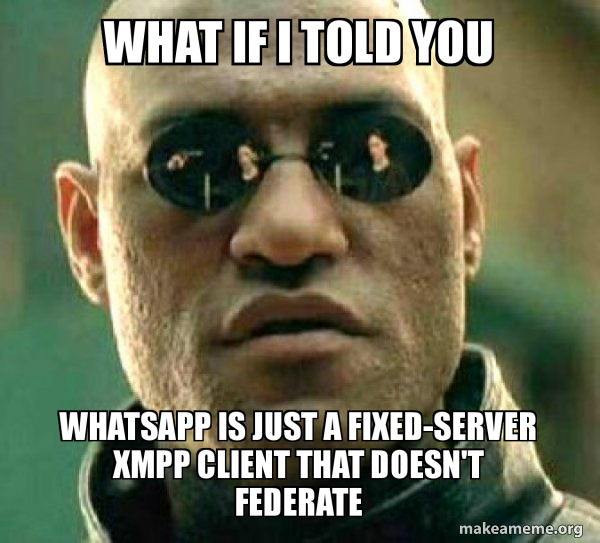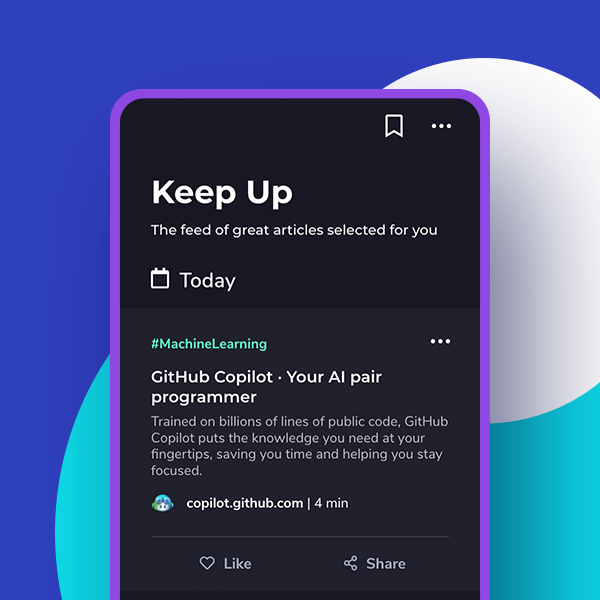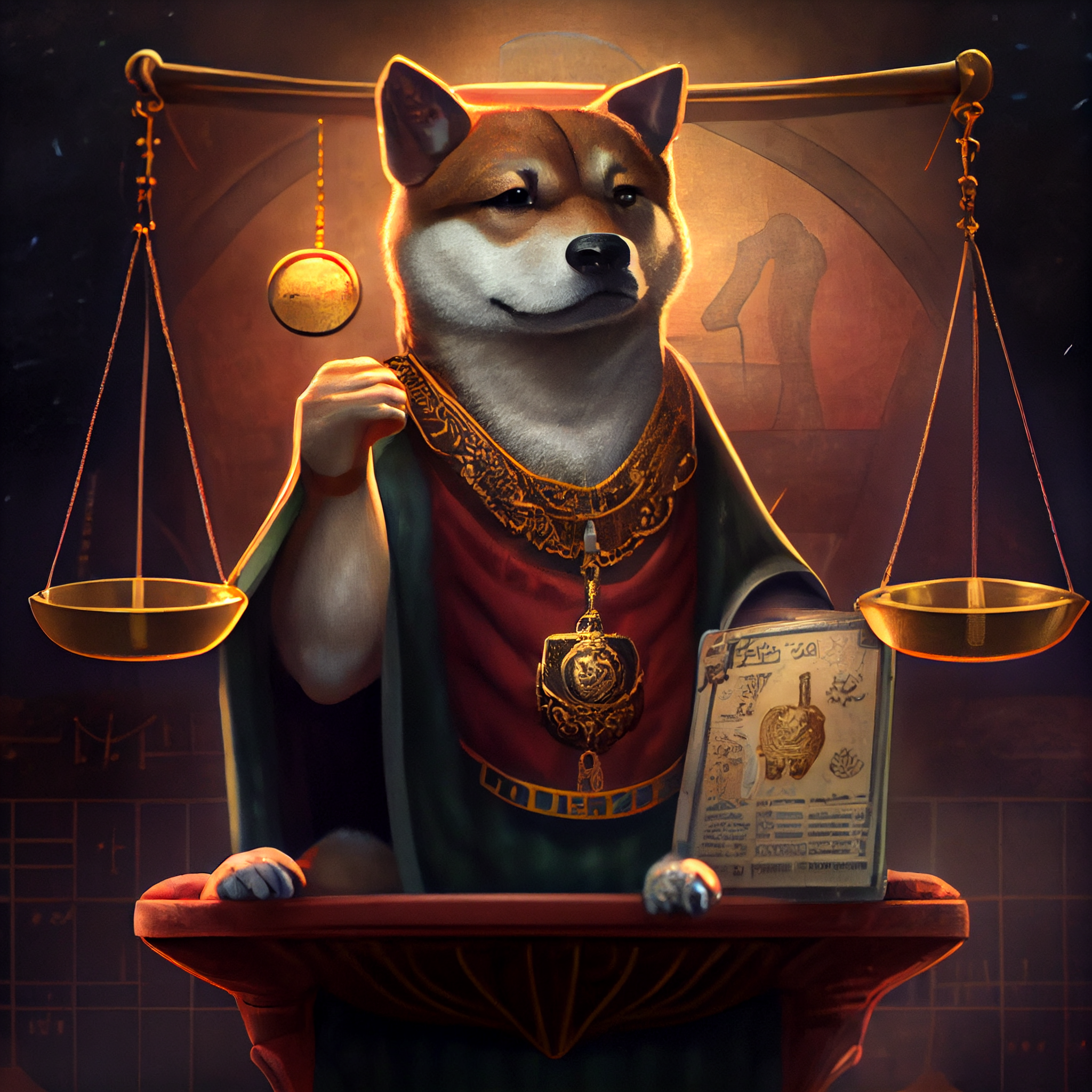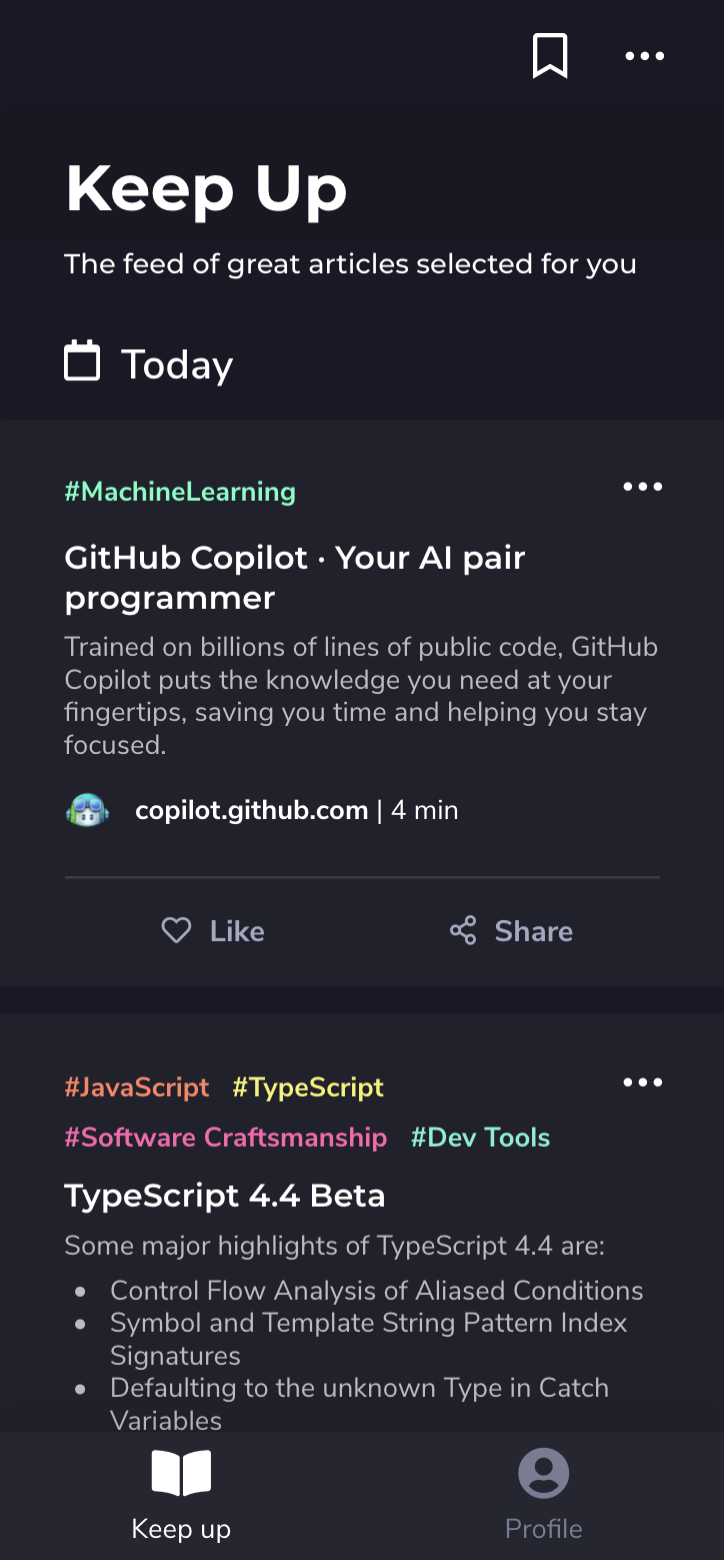The new edition is a bit late, but hopefully, the content will make up for it a bit for you. It will be about the Digital Market Act, the lawsuit hanging over Copilot, and also about Elon…. well, because in the end I also had to add my three cents to the discussion 🤷
1. Digital Markets Act becomes the law
Let’s start with the European Union. At the beginning of November, the long-awaited Digital Markets Act, aimed at “The Big Tech” in the broadest sense and intended to break their monopolies, went into effect. There was a lot of buzz about the whole thing when it was voted on, but with the topic of Elon Musk and Twitter taking over all the headlines DMA application went under the radar and it’s been very quiet about the topic, which is a shame – we’re talking about a real revolution here, which, if carried out properly, will heavily overturn the world of technology.
The DMA introduces the concept of so-called Gatekeepers, which are large entities that, due to their size, have the ability to impede smaller players from entering the market. Gatekeepers are an extension of the classic monopolies – unlike such, Gatekeepers do not have to be a singular player in the market. For example, although such an iMessage may not have a significant position in terms of the percentage of market users, it can still meet the criteria of a Gatekeeper. The term is a bit underdetermined, and thus expandable – similar to the European Union’s previously established GDPR. We will see the full list of Gatekeepers in the spring, and companies will have six months to comply with the guidelines. Realistically, then, the first effects of the DMA should be expected in the second half of the year.
What kind of effects will these have? As an example – according to the European Parliament, large providers will have to open up and cooperate with smaller messaging platforms. Compatibility would have to be maintained in basic functionalities like messaging, sending files, or making video calls. However, given how much the problem of “digital exclusion” of green balloon owners has shot up in 2022 (even with iMessage’s already existing compatibility with Android), I’m afraid this actually won’t have much real impact on user migration to the smaller players.

Much more promise for the second of the big news is forcing platforms to allow third-party stores, as well as “side-by-side” app uploads. Until recently, I would have said there was little chance of any success for the initiative, but there are increasing rumors that Apple will indeed introduce USB-C on its phones…. so hell seems to be slowly freezing over, and it’s possible that the right political mood for more decisive moves has emerged.
Sources
- Europe prepares to rewrite the rules of the Internet
- One trick Apple uses to make you think green bubbles are “gross”

2. Will the court proceed over the legality of Github Copilot?
And continuing the legal-licensing-regulatory themes, we arrive at Copilot’s GitHub. Created by OpenAI, the service spits out hints based on open-source software. Open-Source licenses differ from each other. I don’t think I need to explain to anyone that the mere fact that some code has been made public does not entitle you to use it in any context you choose. The license provisions are usually quite detailed, but when most of them were created, the generation of derived code by AI models was rather a song of the future. Such a future has arrived, however, and the whole space has become severely complicated. This is because neither the existing licensing provisions nor the existing rules of copyright law regulate the whole thing with sufficient precision.
While in Europe, as in the case of the DMA, proper regulations will probably be announced, in the U.S a slightly different mechanism will be used. This is because their courts not only have the power of the judiciary, but also their judgments become binding laws. This is colloquially (and somewhat imprecisely) referred to as the law of the case, and a group of programmers led by Matthew Butterick (who, in addition to writing code, also has a law degree) has decided to use it. At this point, preparations for the trial are underway and evidence is being gathered. The whole thing (if it comes to a prosecution) will have far-reaching consequences – the future direction of how AI models are taught may depend on the outcome.

Personally, I expect that there will only be more of this process, as the topic of generative AI also refuses to die, and clearly no one is bored yet (although recently it has been somewhat covered up by Elon Musk’s excesses, which we will return to shortly). Such, for example, Dall-E 2 had a waitlist for a very long time, which they then got rid of, finally officially sharing the Public Beta with the world last week. Its most interesting aspect is the release of the entire model through the API, so it will finally be possible to integrate Dall-E with third-party solutions.
I’ll admit that I myself have long used a Dall-E competitor (#TeamMidjourney) to generate graphics both for our Weekly (including today’s majestic “doge of justice”) and as preview images of articles in vived.io, and realistically I’m shocked at how quickly the technology has popularized. Given that Stable Diffusion is also advancing at some absolutely sick pace (enough to recall the Two Minute Papers video Stable Diffusion Is Getting Outrageously Good! 🤯) I suspect the best is yet to come. That would also suggest an interview with Emad Mostaque, founder of Stability AI. In the Hard Fork New York Times podcast, he poses as the new Steve Jobs, but at the same time draws very broad plans for his project and bold visions of an AI-powered revolution.

Sources
- Maybe you don’t mind if GitHub Copilot used your open-source code without asking
- Stable Diffusion Is Getting Outrageously Good!

3 And finally… Mr. Musk and his controversies
And no, I’m not going to defend Elon – what’s going on at Twitter is some kind of media circus and a typical show of force. When I hear about hundreds of Twitter employees knee-jerking new features onto productions, only to be unceremoniously fired, I’m reminded of a now-classic tweet:
Taking all of this into account, however, defending Elon in the current situation is a kind of lack of self-preservation instinct. Developers, together, strong.

I do, however, have two comments. First, as usual, David Heinemeier Hansson throws an interesting perspective on the whole thing, reminding us that Steve Jobs’ return to Apple was paid for by the layoff of more than four thousand people. And secondly, I got a terrible laugh out of what a ruckus the attempt to verify the productivity of developers by having them print cards with the latest changes to the source code. Believe me, I am aware that sometimes one sits on a project for a week in order to make really minimal changes to it – I myself invested in the Legacy system in this way, for example (of which I think I got a pretty good story). Believe me, however, that even at such times other artifacts were created, like documentation or RFCs. These types of periods were additionally the exceptions rather than the rule. I’m inclined to say that if someone works as a programmer and for an extended period of time does not make any changes to the system (and that’s what de facto code is – some change to the system), then his manager should at least explore the topic.




